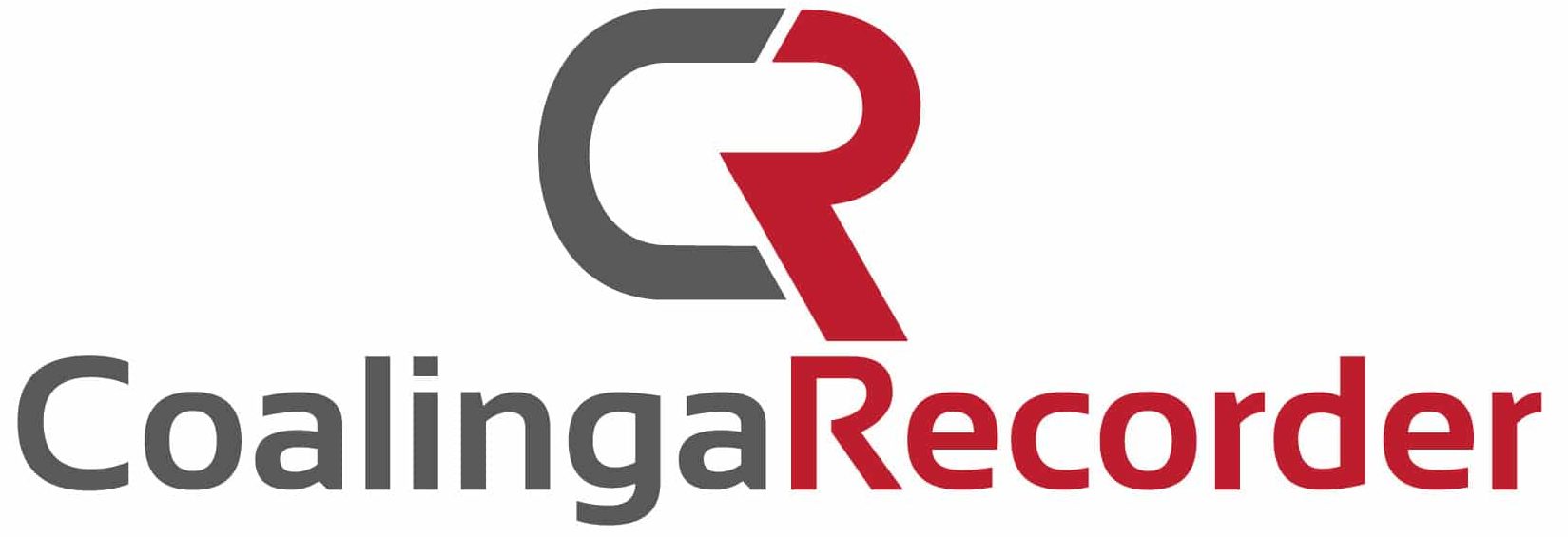As a self-employed person, you have more flexibility and other advantages that you would not have in a more conventional job environment. However, career independence has drawbacks, one of which could be financial instability as a result of bad investments or the inability to prepare for retirement.
In reality, roughly half of self-employed people and small business owners aren’t planning for retirement at all. According to a survey, many self-employed Americans do not save for rainy days, and any financial loss will significantly affect their companies.
Let us look at six tips that will help you manage your money better.
Save Money as You Settle Debts
Debt repayments and expenses can be difficult to manage with an irregular income. If debt repayment is a necessity for you, consider setting aside some funds to be used as working capital. By setting aside some cash for spending before the next check, you lessen the need to use credit cards, which may lead to more debt because of high interest rates.
Have Rainy Day Funds
Establishing a rainy day fund – whether you have a fixed or variable pay – will be a nice financial safety cushion. Budget the expenses so that you can put aside funds frequently for emergencies or to tide you over during lull times.
Put Aside Adequate Funds for Taxes
An essential aspect of being financially responsible as a self-employed individual is determining how much you owe the government and how much you should claim. Putting aside money for taxes early on – in a different bank account – will help you escape fines involved with late tax contributions, as well as provides you with a more clear picture of the real income for the year. If your company is registered for Goods and Services tax, remember to account for it.
Invest in Business Finance Technology
As a self-employed person, you should always remain on top of all payments, track expenses, take chances, and plan well to guarantee that you are paid on schedule.
Simple technologies, such as standard accounting programs, can help you save time that would otherwise be wasted on manual activities such as bank reconciliation, invoicing, and client contracts management. Overall, good financial management for your company ensures you’re more likely to be paid on time and have a stable cash flow, allowing you to stop using your personal savings.
Keep Your Financial Documents in Order
Being your own manager entails being capable of keeping all of your accounting documents up to date. When it comes to making major financial decisions, such as purchasing a property, a lack of proper documentation can mean that you cannot secure self employed loans from conventional lenders.
When looking for financing for your business, look for a lender who will offer you customized self employed loans to satisfy your requirements.
Improve The Cash Flow
Being self-employed implies you’ll frequently face cash shortages due to missed consumer orders, which will result in negative cash flow. Encourage your clients to make timely payments by including offers such as discounts or other perks to reward them for prompt payment. You may also modify the billing terms to receive a percentage of the premium you charge upfront.
Another way to improve your cash flow is to restrict your inventory stock, prioritize items that sell quickly, and hold just what is needed. This will make the company stay more liquid.
If you are self-employed, the above tips are critical to remember, and they are easy to put into action. Don’t let budgeting and income prevent you from pursuing a more lucrative career or operating your dream company. By following each of the above tips one at a time, you can build healthier money management practices and avoid financial stress.




